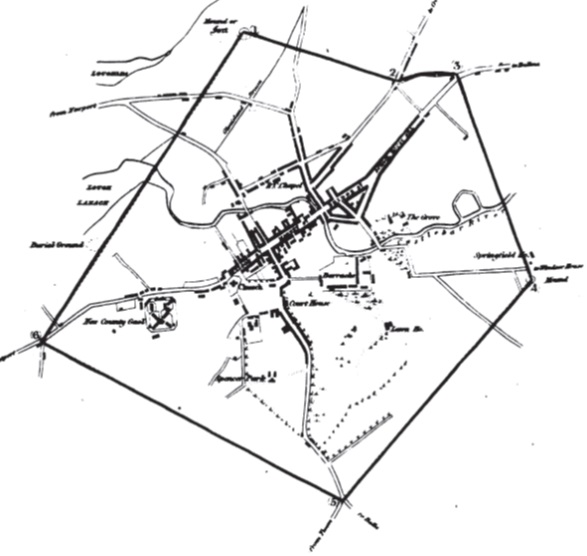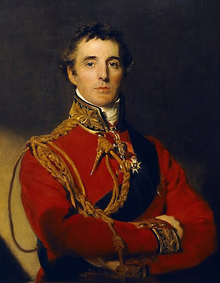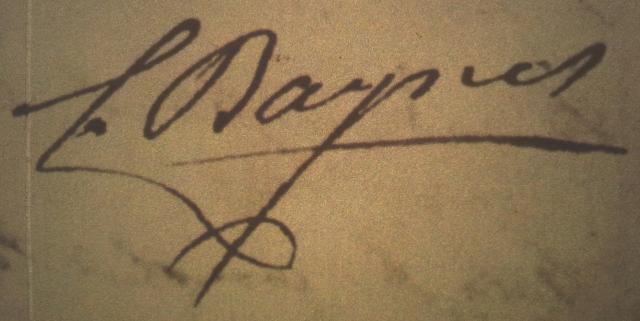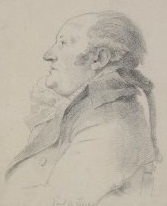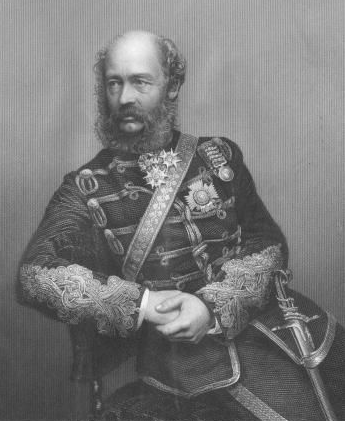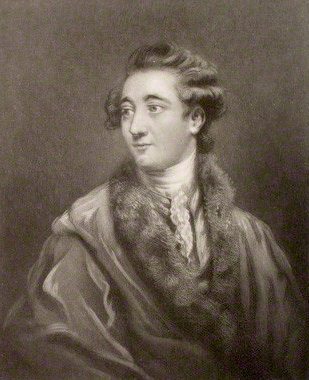|
From Castlebar - County Mayo - Nostalgia Castlebar celebrates 400 years of local government this 26th March with the anniversary of the establishment of Castlebar Corporation. On that date in 1613, King James I granted a charter of incorporation to the town which entitled it to be governed by a portreeve (mayor), fifteen free burgesses and a commonality. Several advantages were included in the charter such as the ability to holds a debtors court and the right to collect tolls and customs. The most important role of the Corporation was to return two MPs to the Irish Parliament in Dublin.
The Newtown Act of 1748 allowed non-residents of the town to become Corporation members and this allowed large Mayo families such as the Brownes, Cuffes and Gores to represent Castlebar but the patrons of the Corporation were the Binghams. The original charter is believed to have perished in the shelling of the Four Courts during the Civil War but full 19th century shorthand Latin transcripts of Castlebar's two charters survive in the Royal Irish Academy. The first charter refers to Henry Bingham who was 1st Baronet of Castlebar. The last Bingham to be MP for Castlebar was Henry's descendant Sir Charles Bingham (1735-1799), 7th Baronet and later 1st Earl of Lucan. The London government was keen to have the Irish Parliament vote itself out of existence by voting for the Act of Union in 1800. Patrons like Sir Charles' son Richard had to be compensated for the loss of two MPs and to ‘persuade' them to have the MPs vote for the Union. Richard, 2nd Earl of Lucan received £15,000 compensation and the last two MPs for Castlebar, one of whom was Bingham's cousin, voted to join the kingdoms of Ireland and Great Britain in one United Kingdom. The loss of two MPs saw the Binghams lose interest in the Corporation and they left the running of it to their agents in Castlebar.
By 1800 the Corporation had already been under pressure. A second charter granted to the town in the 1680s during the reign of King James II was not enacted on and the town never benefitted from it. When General Humbert took the town of Castlebar in 1798 he established a municipal council under local mayor Christopher Baynes. The Corporation was powerless to stop Humbert which further undermined its standing in the eyes of the town's inhabitants. The Corporation was not democratic and left unchecked members used it for their own progress. To thank the Lord Lieutenant of Ireland Charles Manners, 4th Duke of Rutland, for a personal favour the Brownes granted him the 'Freedom of this loyal Corporation' when he visited Castlebar in 1787.
By the 1820s/30s, Lucan's agents the O'Malleys were running the authority. An 1833 Commission found that three of the four members at the time were O'Malleys, the fourth being the Duke of Wellington. The members selected Wellington to be associated with the hero of Waterloo as opposed to any practical reason. Despite the findings in 1833 that the Corporation was extinct a review of Irish corporation boundaries in 1837 redrew the extent of Castlebar Corporation. The Corporation was being overshadowed by an increasingly powerful Grand Jury which was the local government authority governing the county. Halfhearted efforts to revive the Corporation in the 1830s failed largely due to personal clashes between the O'Malleys and 3rd Earl of Lucan. When Daniel O'Connell addressed a large Repeal rally on the Mall in Castlebar in June 1840 he mocked to the laughter of the crowd - 'I believe there is a corporation in Castlebar, consisting of two members, and no one knows what they are doing.'
The history of Castlebar Corporation and other local authorities from 1750-2014 is being compiled by Noel Campbell and is due for completion next summer to coincide with the abolition of Castlebar Town Council.
© Copyright 2013 by Castlebar - County Mayo - |
